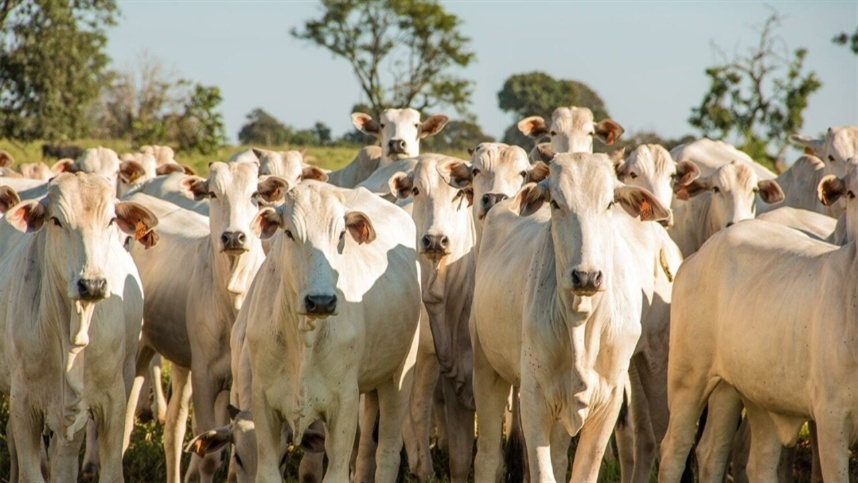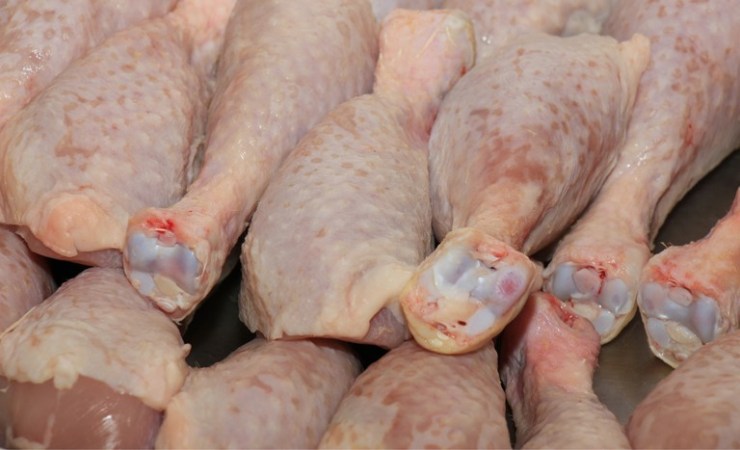Chile, Namibia, North Macedonia, and Saudi Arabia have lifted temporary restrictions on poultry imports from Brazil following confirmation of the closure of a Highly Pathogenic Avian Influenza (HPAI) outbreak in Montenegro, Rio Grande do Sul. The decision represents progress for the Brazilian export sector, which continues to negotiate the full reopening of previously closed markets.
 According to information from the Ministry of Agriculture and Livestock (Mapa), currently 40 countries do not impose any restrictions on poultry meat exports from Brazil, including strategic destinations such as South Africa, Argentina, Mexico, the United Kingdom, the United Arab Emirates, Vietnam and Qatar.
According to information from the Ministry of Agriculture and Livestock (Mapa), currently 40 countries do not impose any restrictions on poultry meat exports from Brazil, including strategic destinations such as South Africa, Argentina, Mexico, the United Kingdom, the United Arab Emirates, Vietnam and Qatar.
On the other hand, some markets still maintain suspensions. Canada, China, Malaysia, Pakistan, Timor-Leste, and the European Union maintain a complete ban on purchases of Brazilian poultry. Russia, Ukraine, Oman, and five other countries restrict the entry of products from Rio Grande do Sul only. Japan, for its part, limits the suspension to two municipalities: Campinápolis (MT) and Santo Antônio da Barra (GO).
Furthermore, Mauritius, Saint Kitts and Nevis, Suriname and Uzbekistan adopt the regionalization mechanism, which

allows imports to be suspended only from specific areas, in accordance with the Terrestrial Code of the World Organization for Animal Health (WHO) and the Agreement on Sanitary and Phytosanitary Measures (SPS) of the World Trade Organization (WTO).
Brazil is the world's largest exporter of chicken meat, serving more than 150 markets. According to the Ministry of Agriculture, Livestock and Supply (MAPA), the regionalization strategy has been crucial in reducing trade impacts during health emergencies, preserving the trust of international partners, and strengthening the credibility of the country's agricultural defense system.




